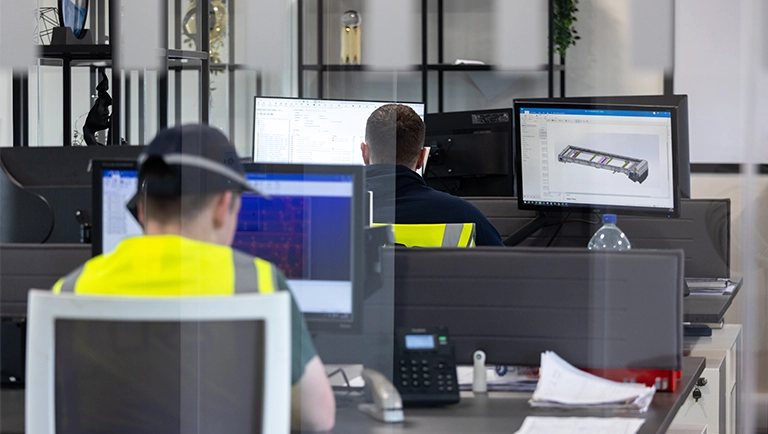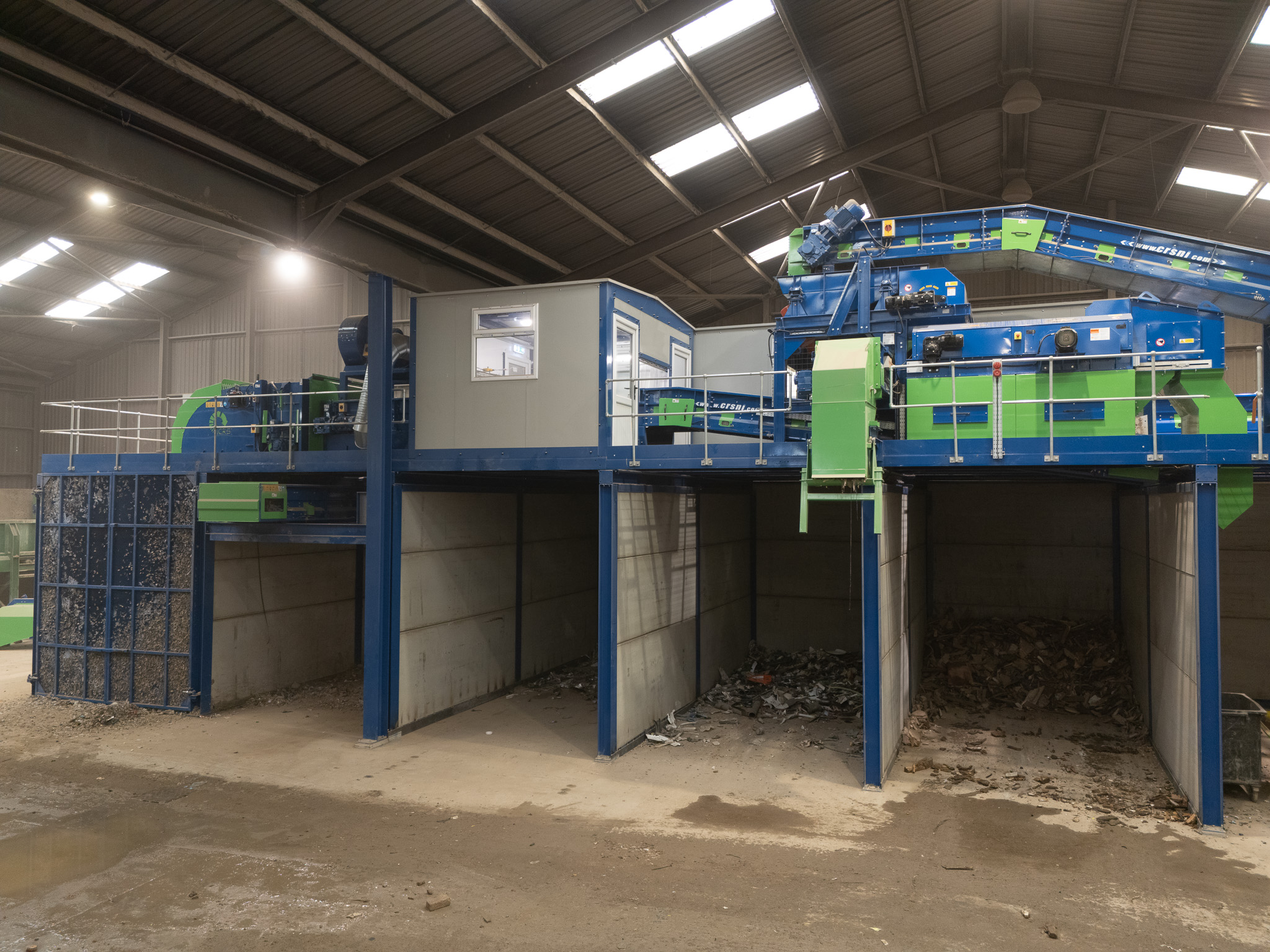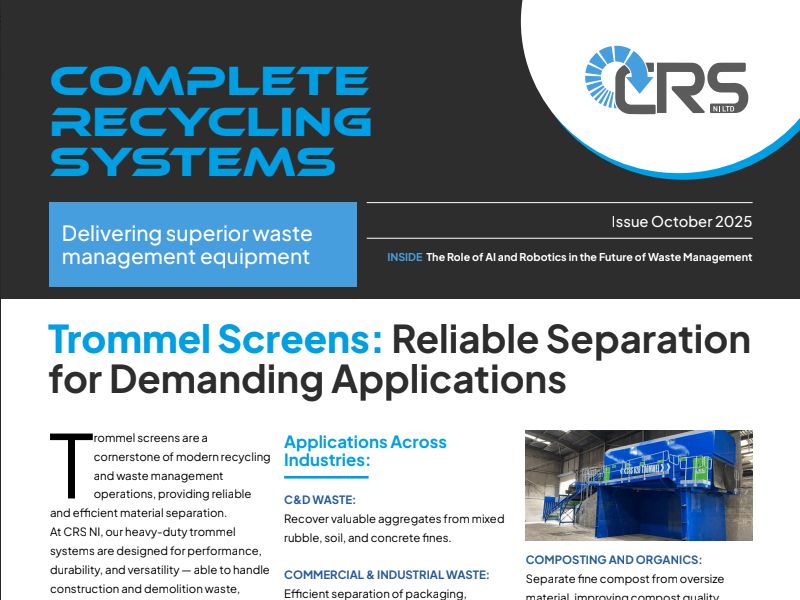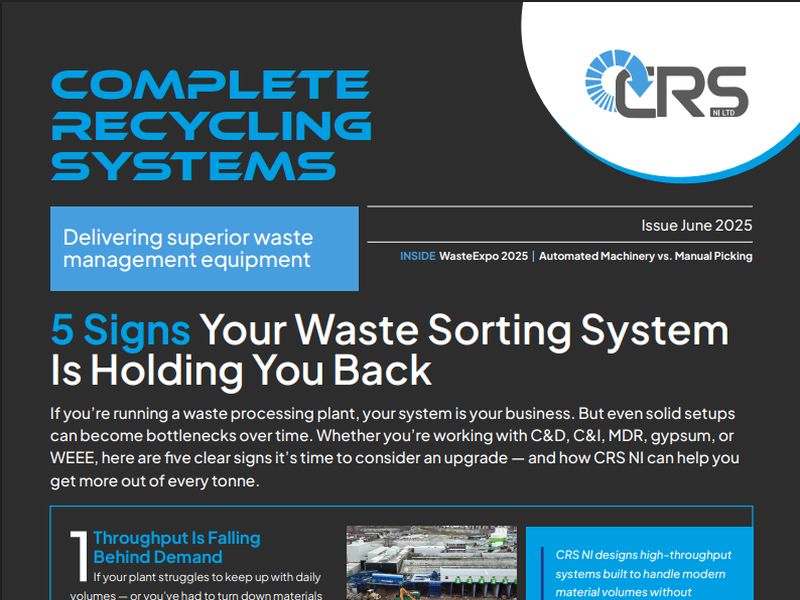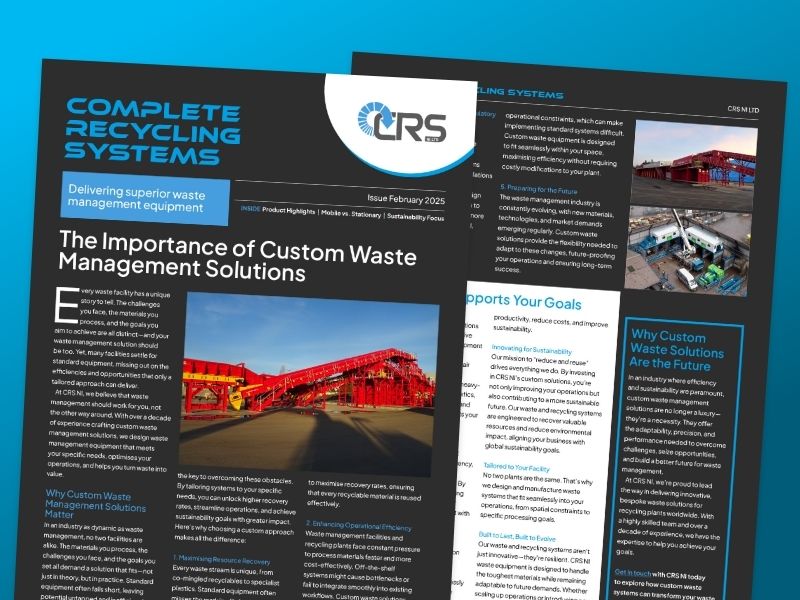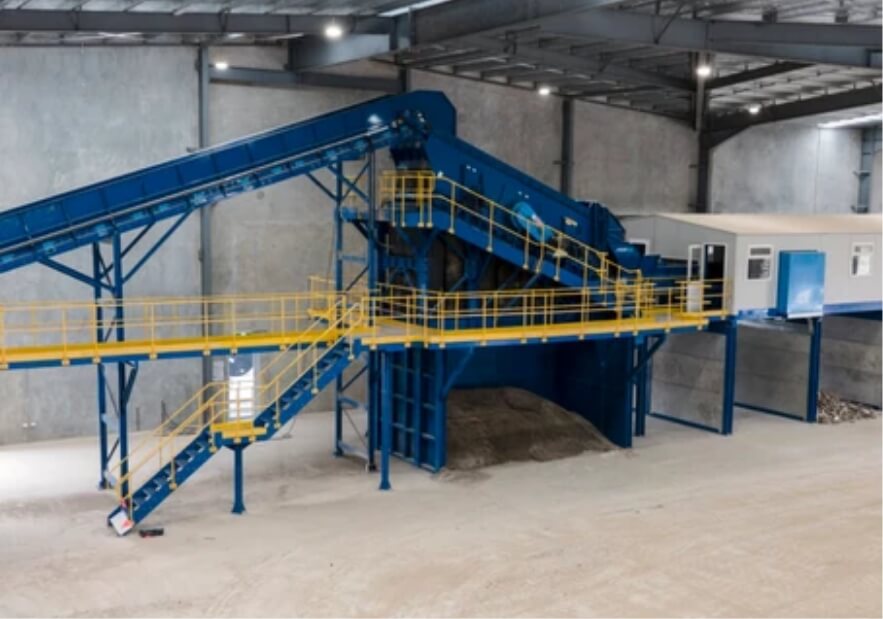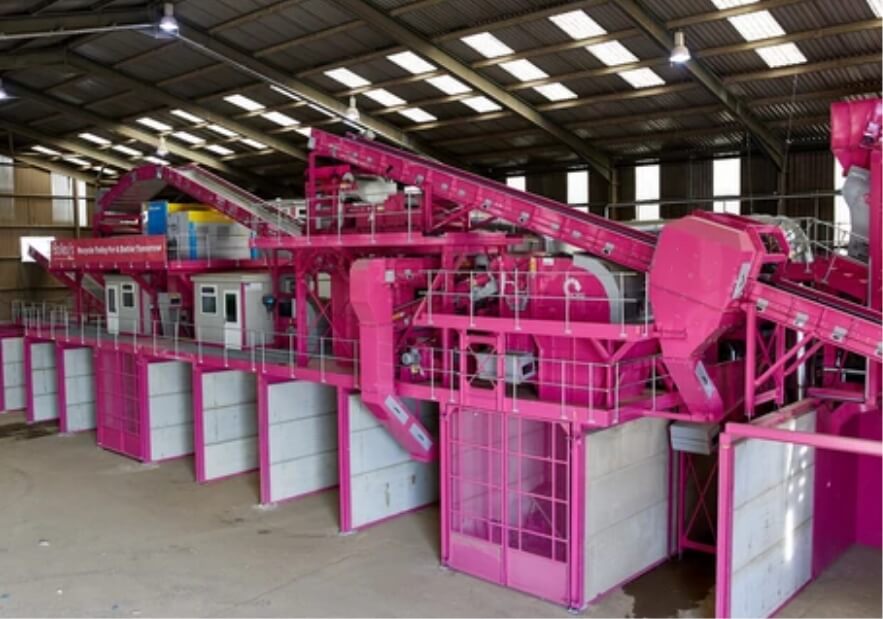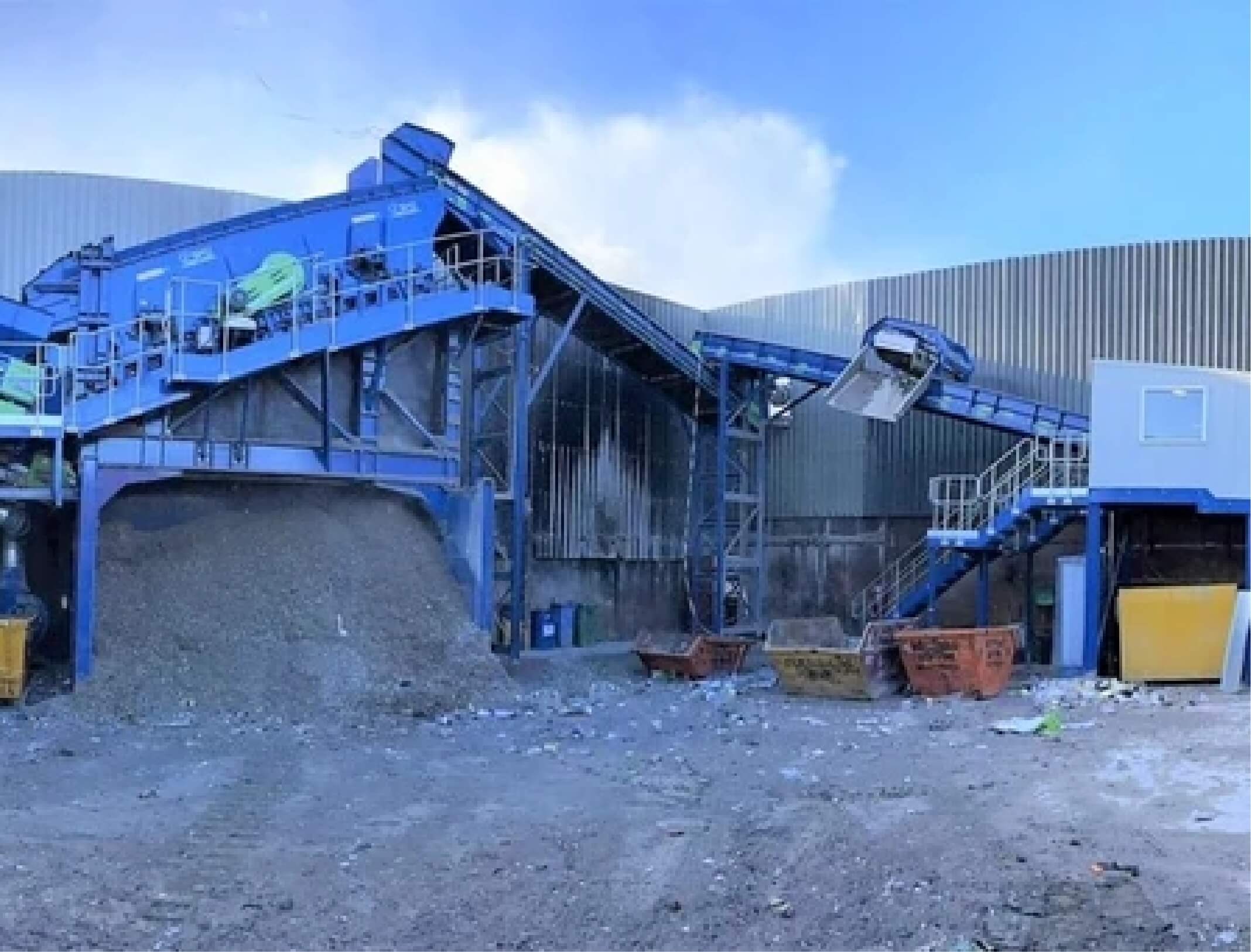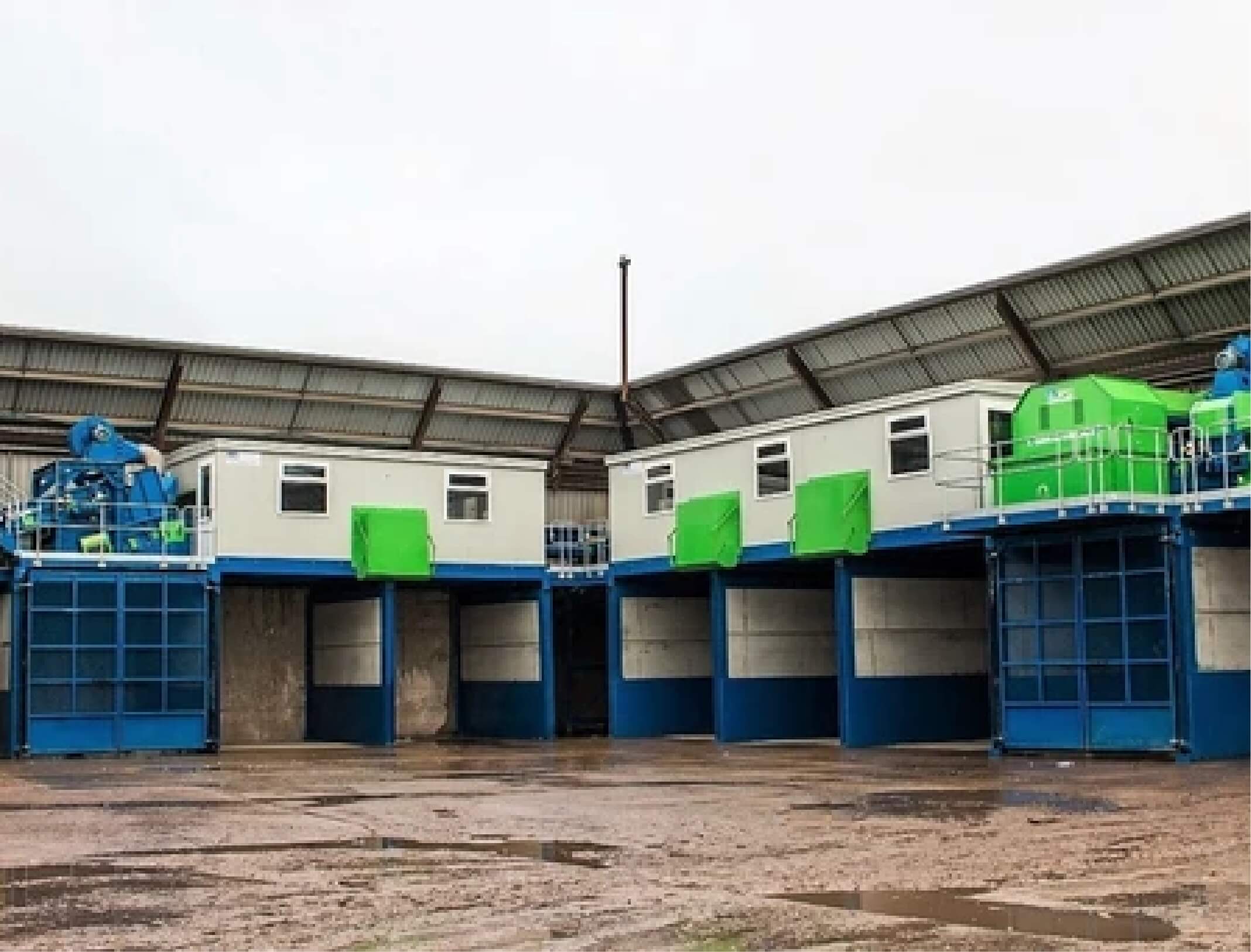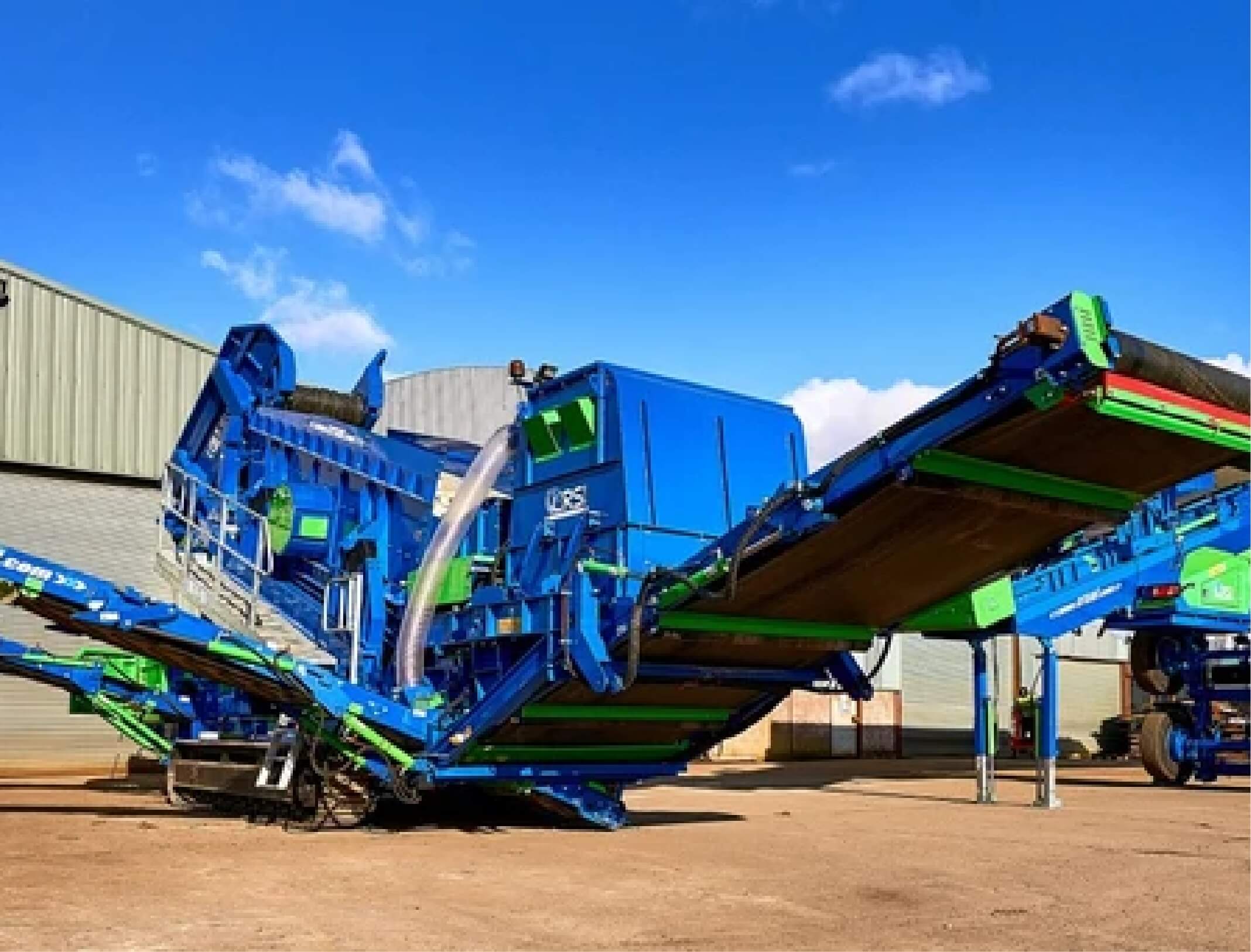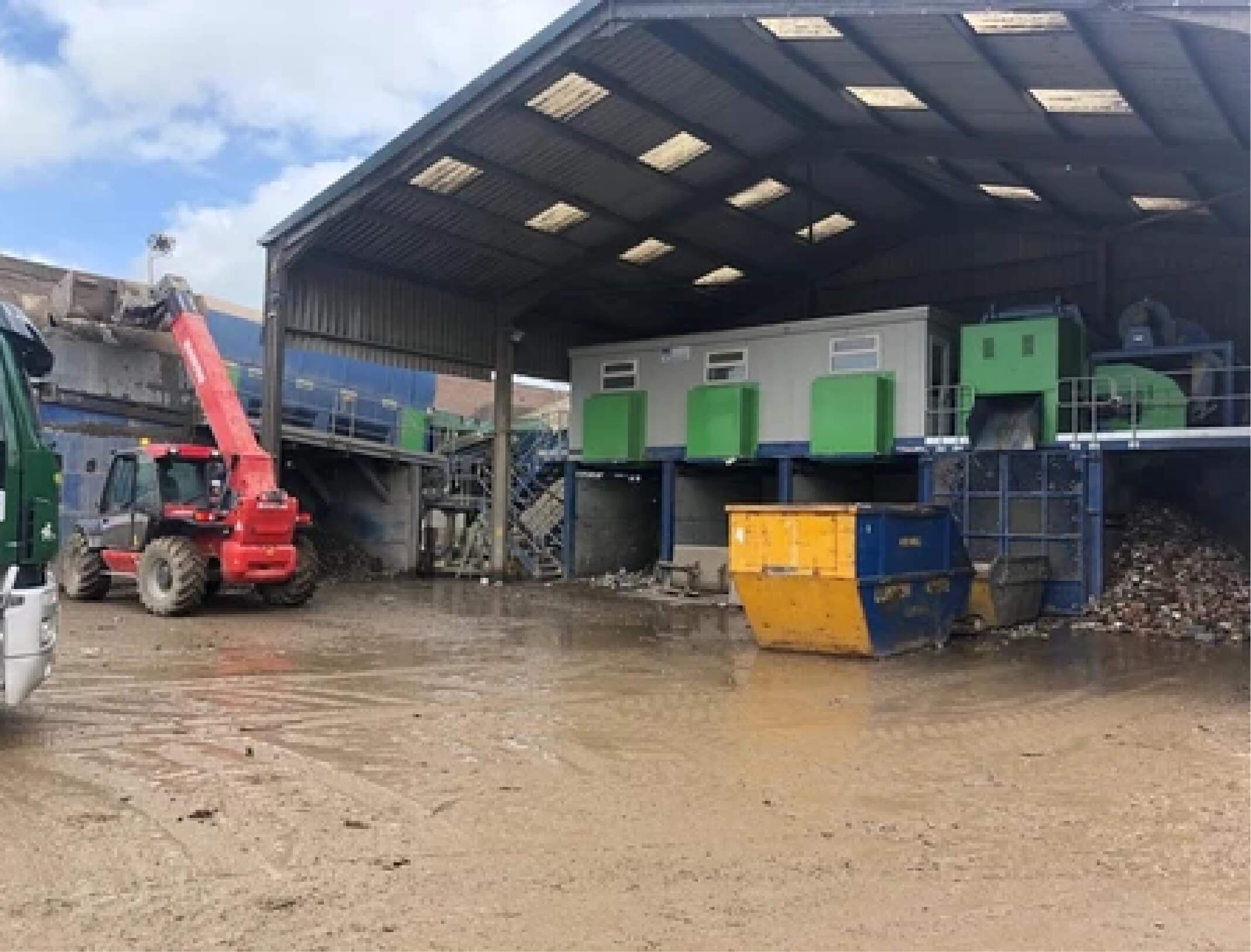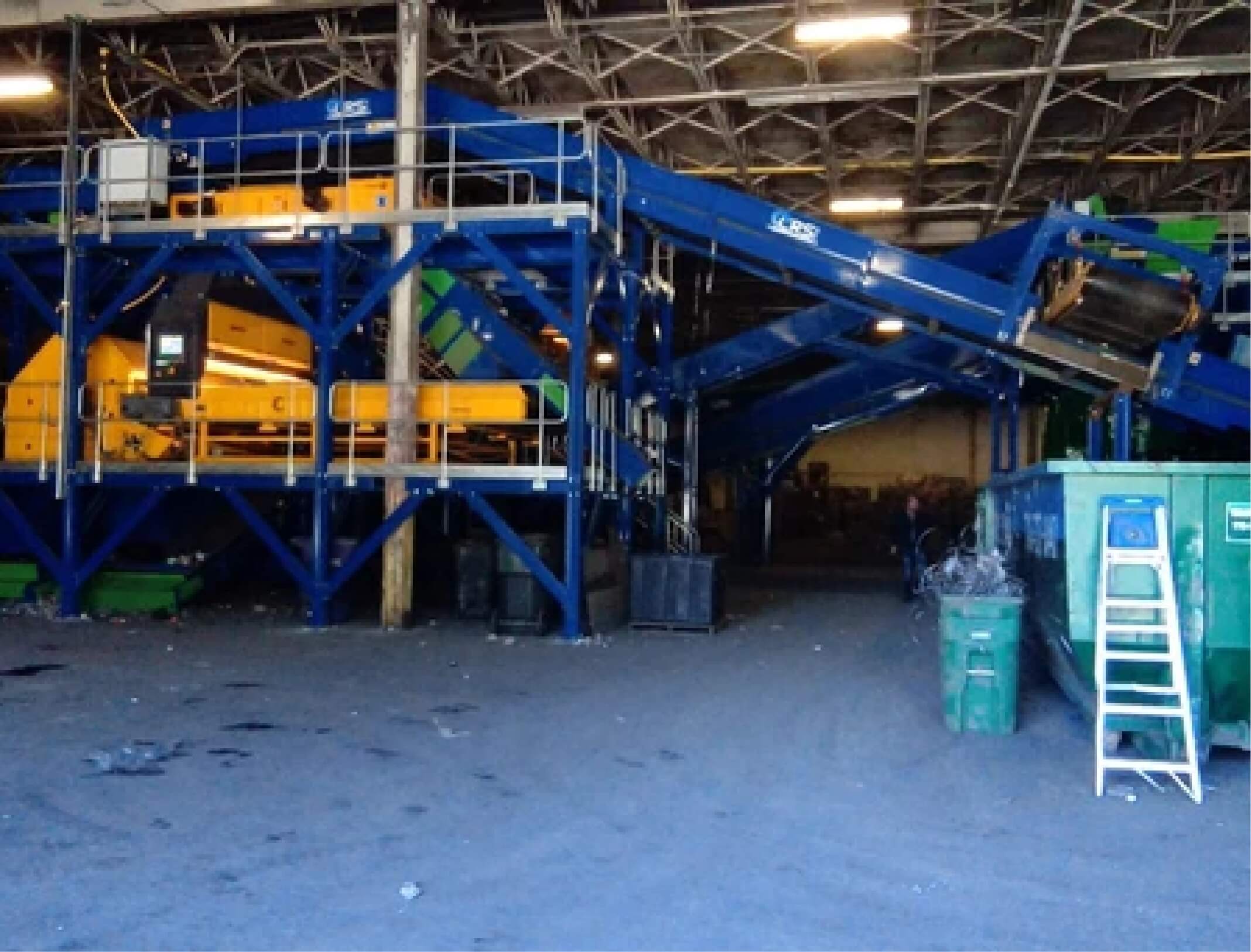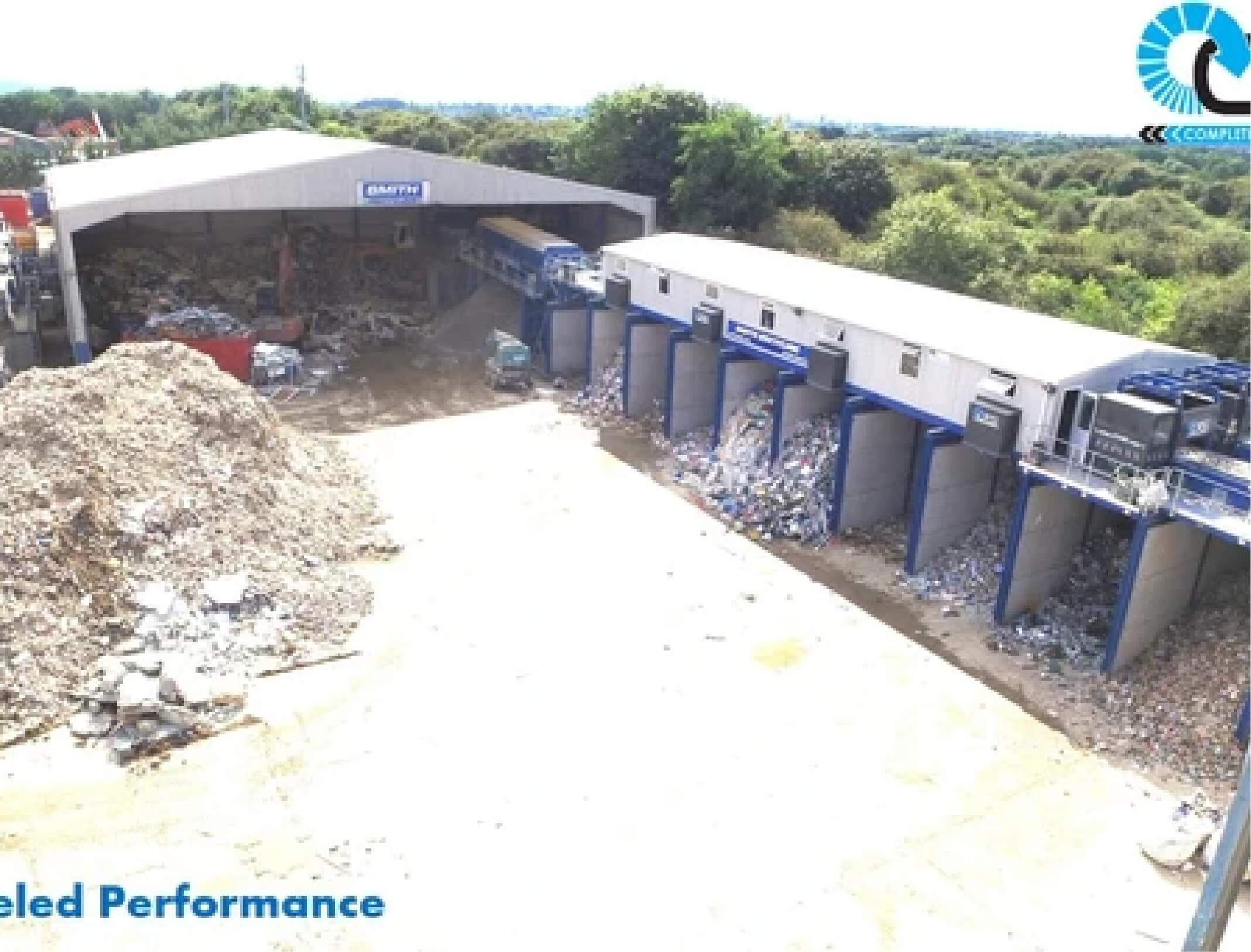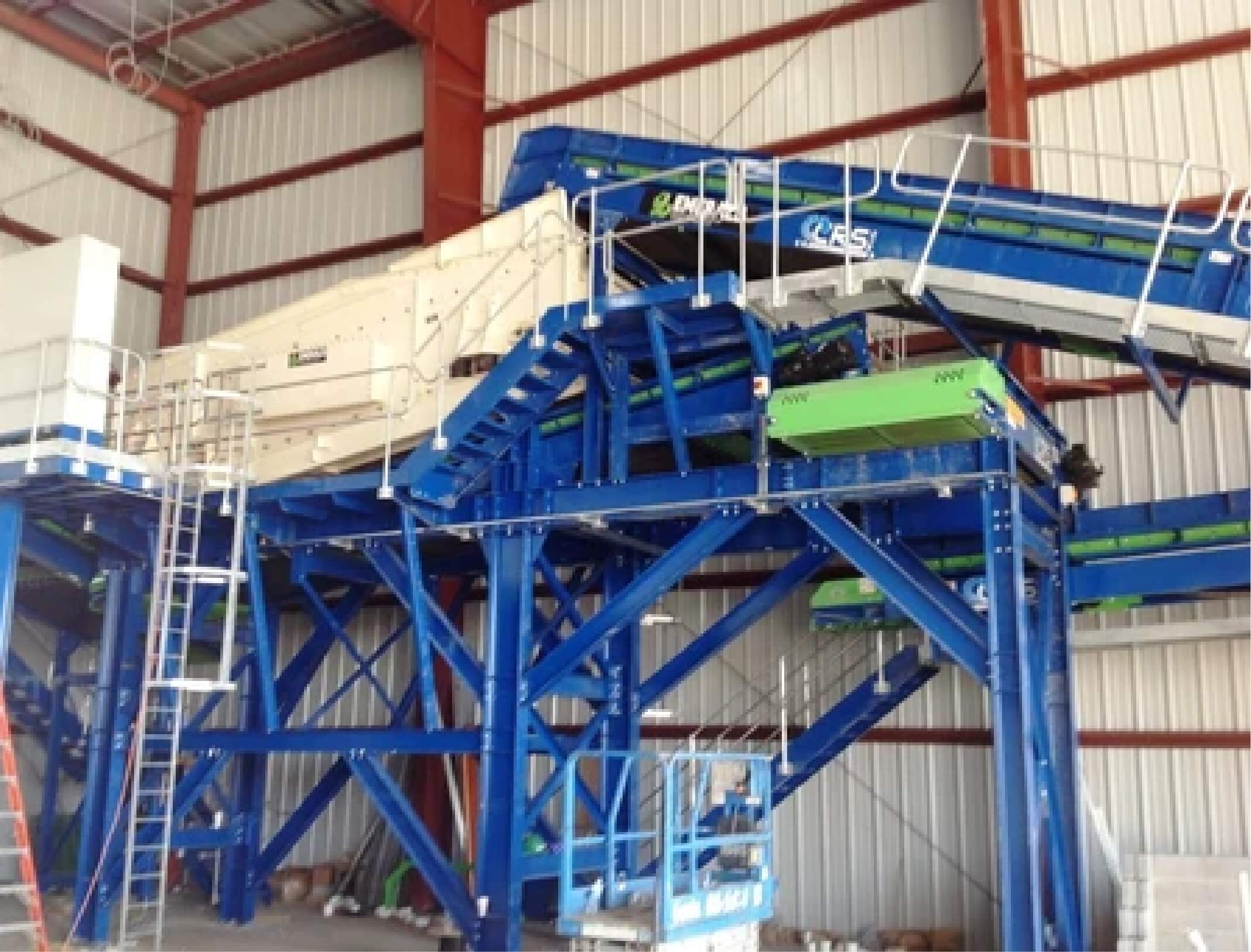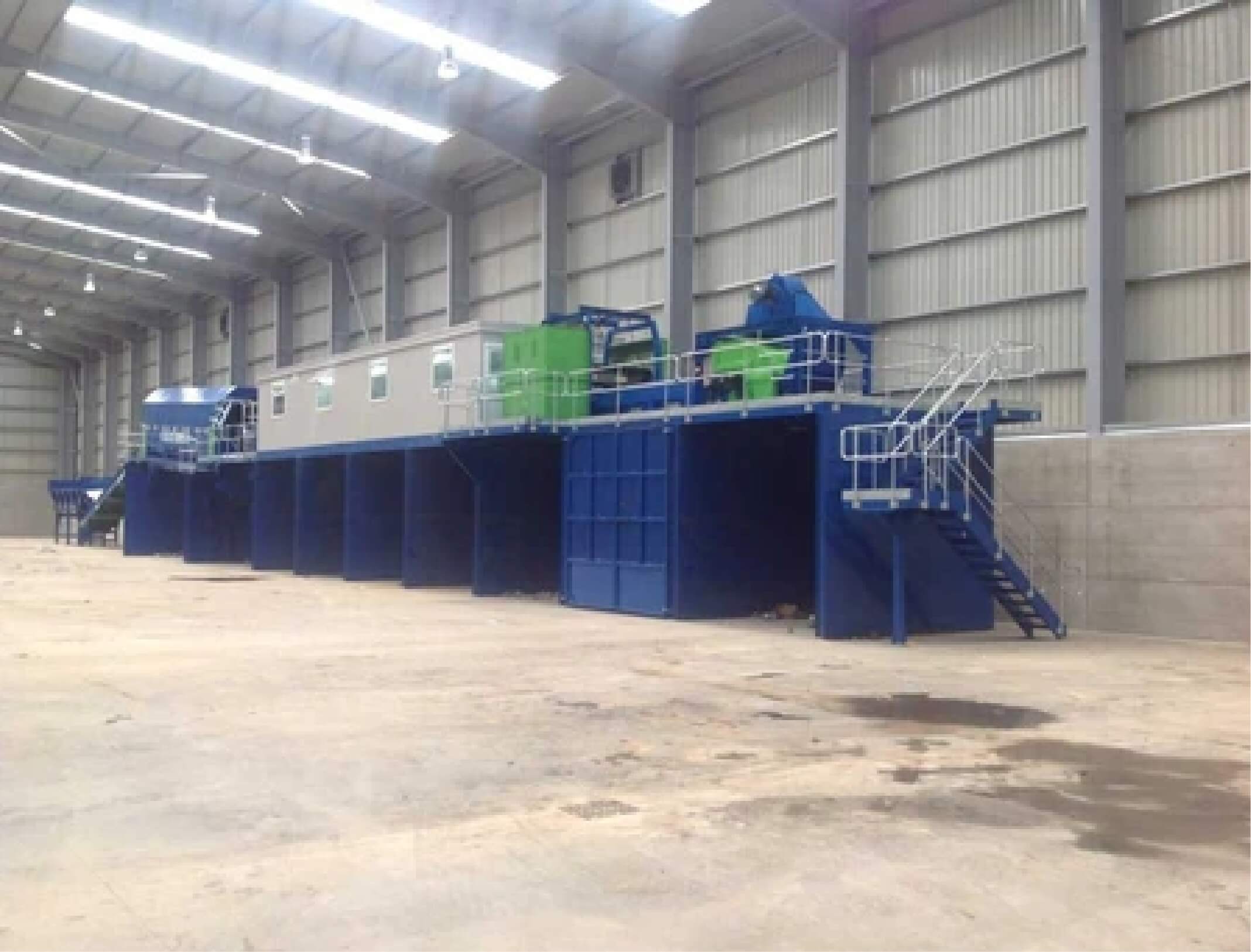News & Case Studies
Explore our latest case studies and news updates to stay informed about CRS NI’s innovations,
success stories, and industry insights.
Explore our latest case studies and news updates to stay informed about CRS NI’s innovations, success stories, and industry insights.
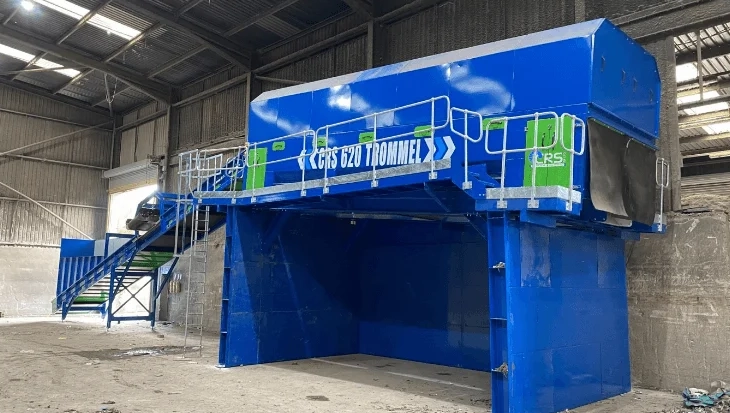
Trommel Screens: Reliable Separation for Demanding Applications
In modern recycling and waste management operations, trommel screens play a vital role in material separation and processing efficiency. At CRS NI, our trommel systems are engineered for performance, durability, and versatility — designed to handle a wide range of materials, including construction and demolition waste, commercial and industrial waste, mixed dry recyclables, WEEE, gypsum, compost, and auto shredder residue (ASR). In this article, we explore what a trommel is, how it works, where it’s used, and why operators benefit from our heavy-duty trommel screens.
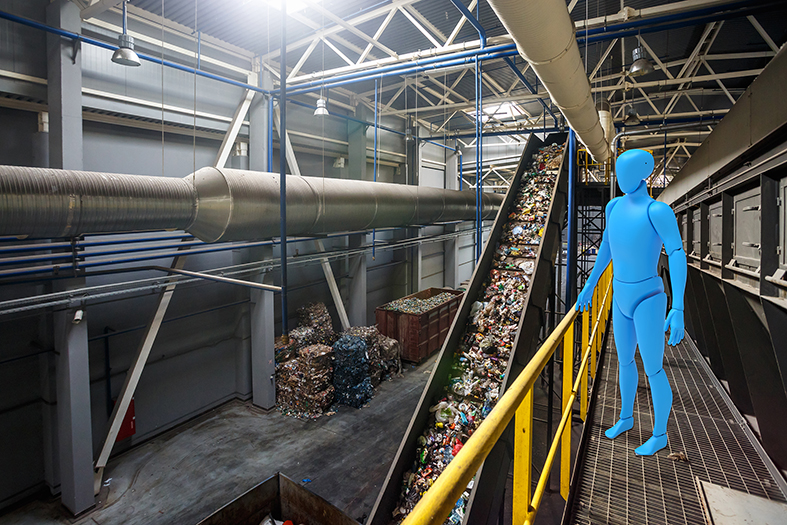
The Role of AI and Robotics in the Future of Waste Management
The waste management industry is undergoing a technological revolution. With growing demand for efficient, sustainable recycling, AI-powered systems and robotics are transforming how facilities sort, process, and recover materials. At CRS NI, we are leading the way with integrated automated solutions that improve throughput, reduce contamination, and increase operational efficiency.

Automated Machinery vs. Manual Picking: What’s Right for Your Recycling Operation?
Every recycling plant faces the same pressure: improve recovery rates, reduce costs, and keep operators safe. But when it comes to sorting materials, is it better to invest in automated machinery — or stick with manual picking? Here’s a closer look at the key differences, and how to choose the right solution for your site.
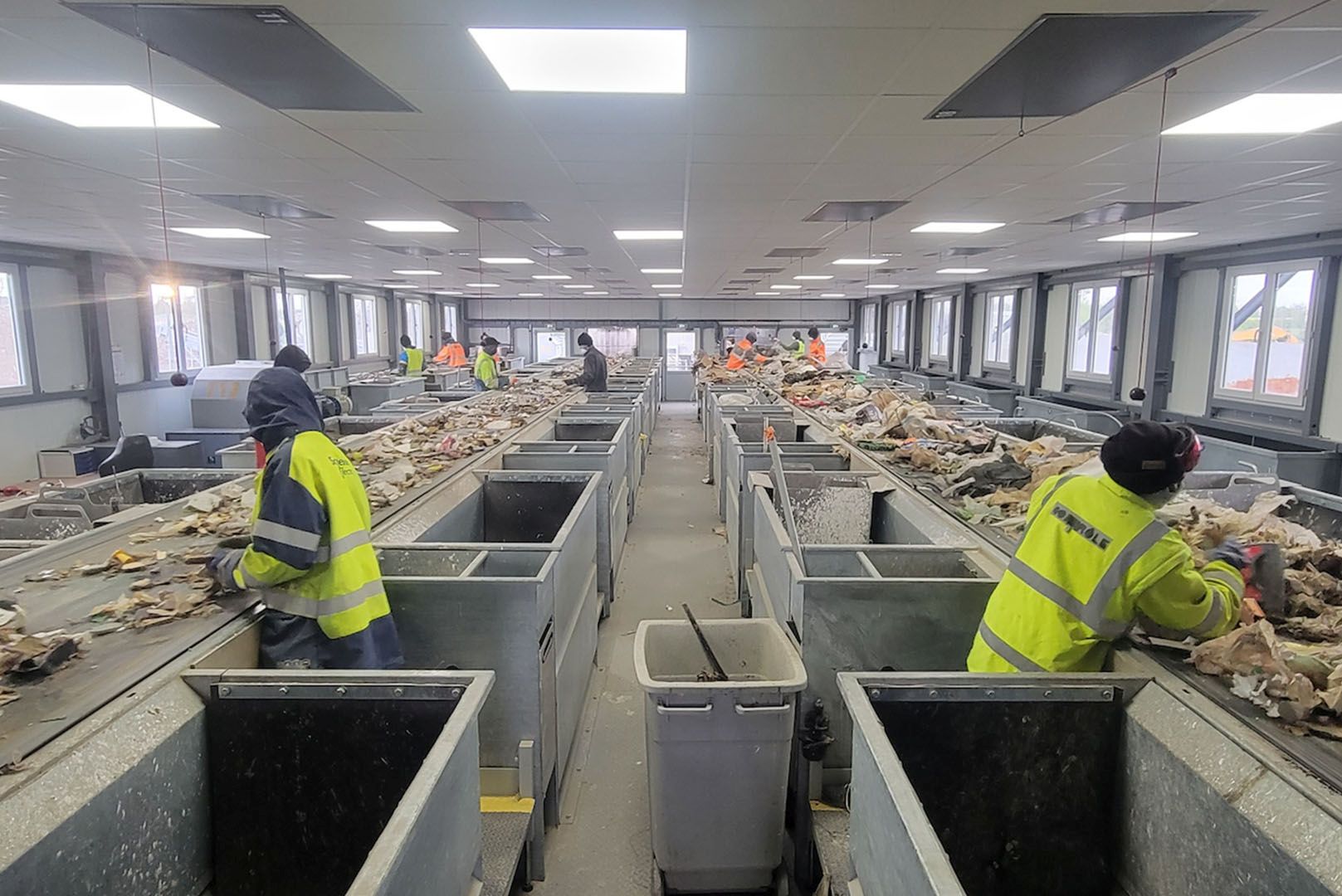
5 Signs Your Waste Sorting System Is Holding You Back
If you're running a waste processing plant, your system is your business. But even solid setups can become bottlenecks over time. Whether you’re working with C&D, C&I, MDR, gypsum, or WEEE, here are five clear signs it’s time to consider an upgrade — and how CRS NI can help you get more out of every tonne.
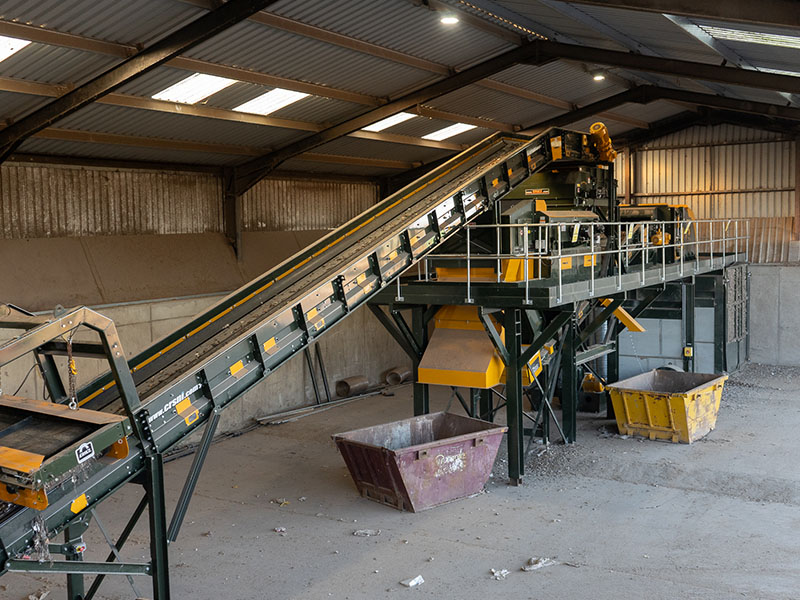
VC Cooke Boosts Recycling Efficiency with CRS NI MRF Solution
VC Cooke needed a more effective recycling solution to ensure they could fully process waste, improve efficiency, and reduce downtime. They partnered with CRS NI to install a bespoke Material Recovery Facility (MRF), delivering a 50% reduction in downtime, enhanced quality of recyclables, and streamlined operations.
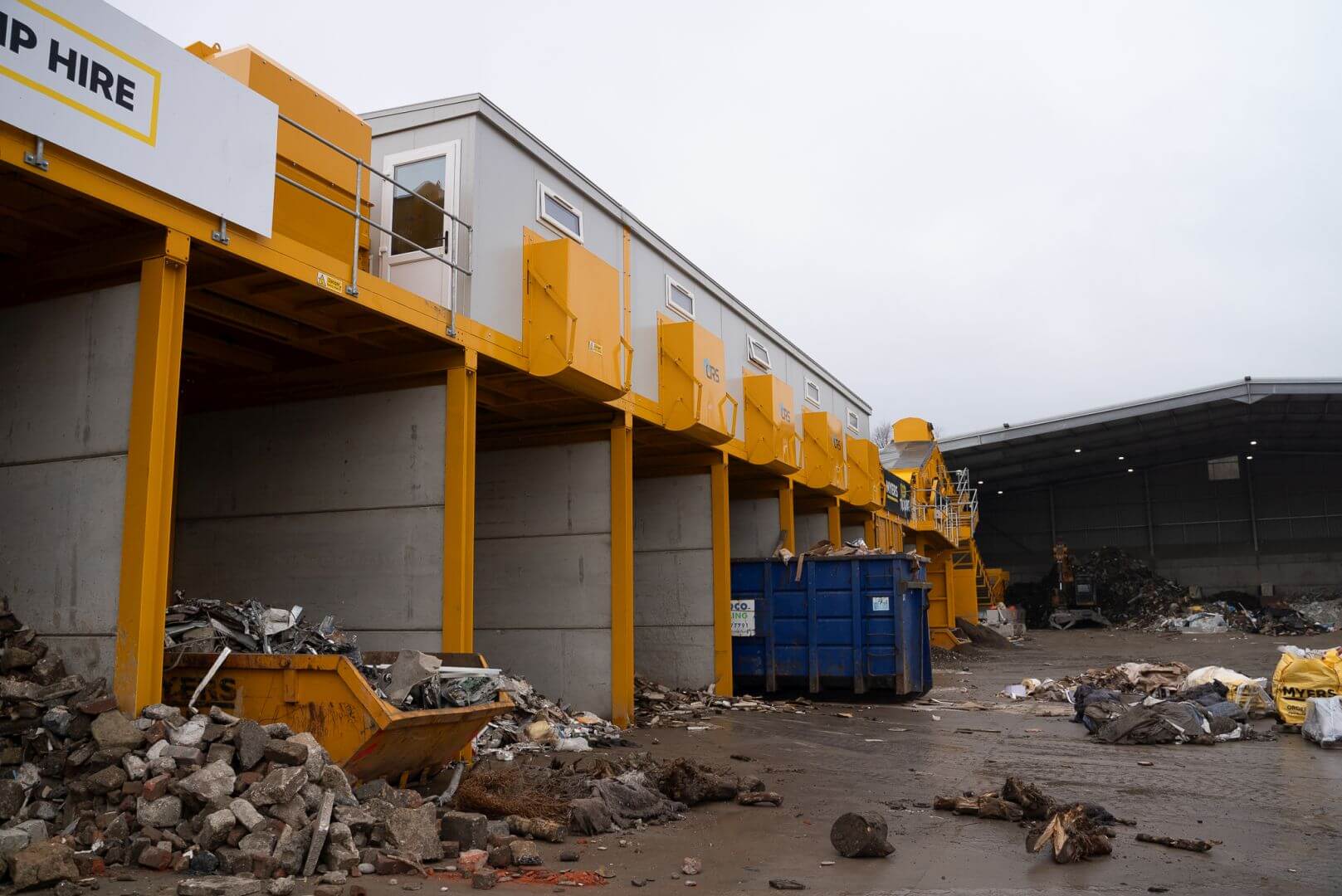
Myers Group Enhances Waste Processing Efficiency with CRS NI
Myers Group sought to improve their waste processing capabilities with a customised waste sorting line that would not only increase efficiency but also enhance safety for their team. Turning to CRS NI Ltd., they collaborated to develop a tailored solution that met their exact needs while allowing for future expansion.
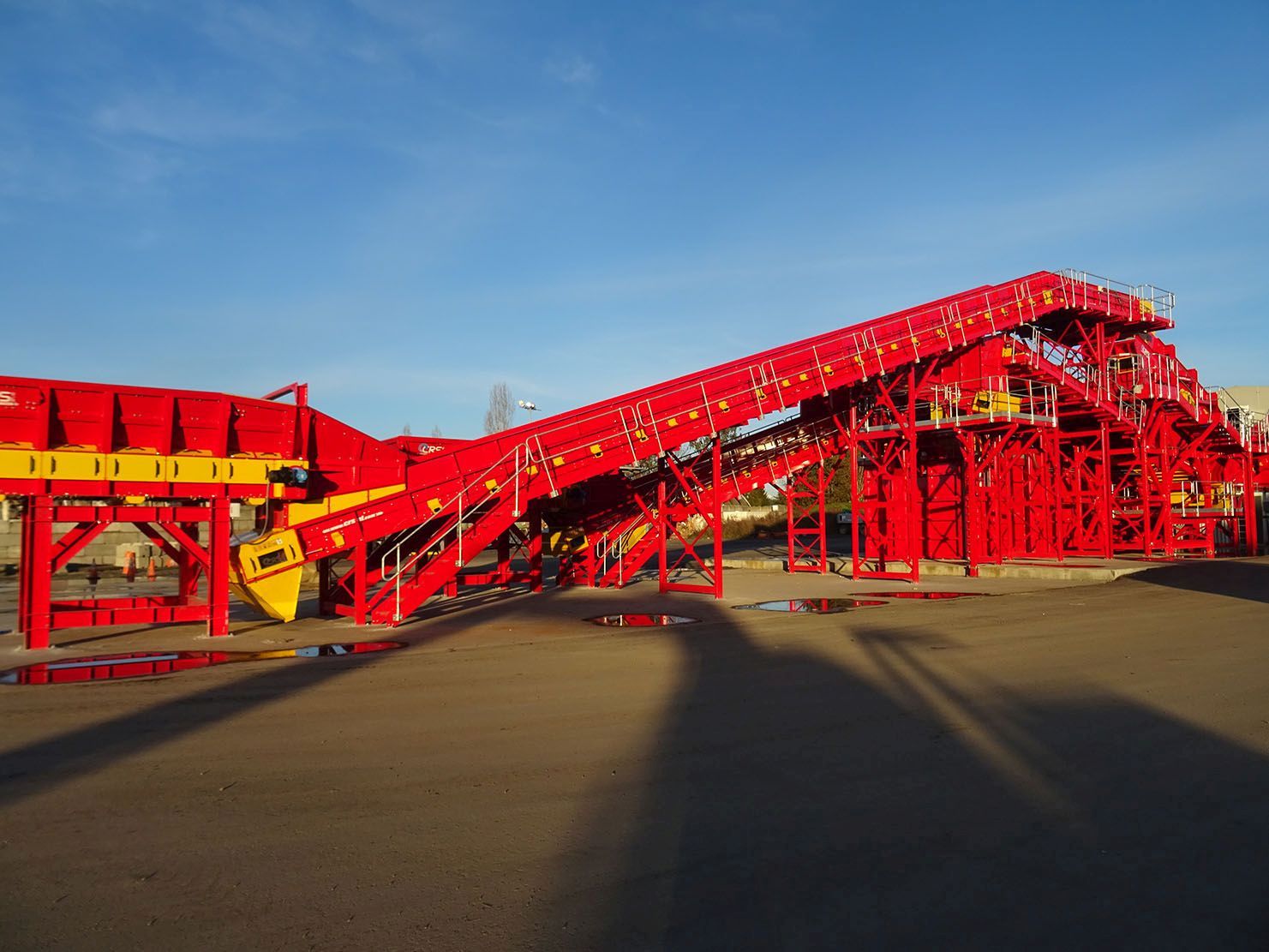
The Importance of Custom Waste Management Solutions
Every waste facility has a unique story to tell. The challenges you face, the materials you process, and the goals you aim to achieve are all distinct—and your waste management solution should be too. Yet, many facilities settle for standard equipment, missing out on the efficiencies and opportunities that only a tailored approach can deliver.
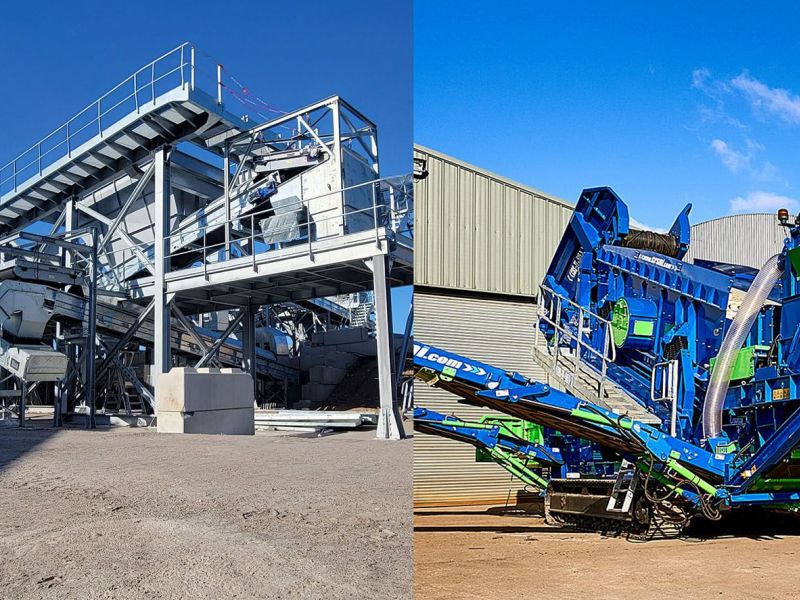
Mobile vs. Stationary Waste Equipment: Which Is Right for Your Plant?
Choosing the right waste recycling equipment is one of the most critical decisions for any waste management facility. The choice between mobile and stationary waste equipment depends on various factors, including the type of waste processed, operational needs, and long-term goals. Each option offers distinct benefits, and understanding these differences can help you make the best decision for your plant.
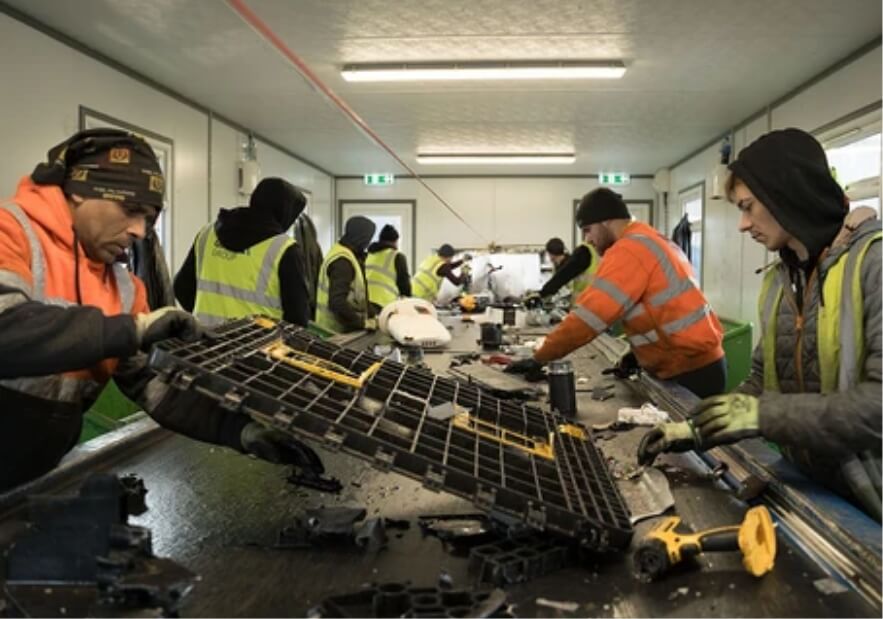
GAP Group’s Plant Upgrade: Achieving a Fivefold Increase in Throughput with CRS
GAP Group approached CRS NI Ltd. with a clear challenge: their outdated plant for processing Waste Electrical and Electronic Equipment (WEEE) was no longer meeting their throughput demands. The solution provided by CRS would completely transform their operations.

